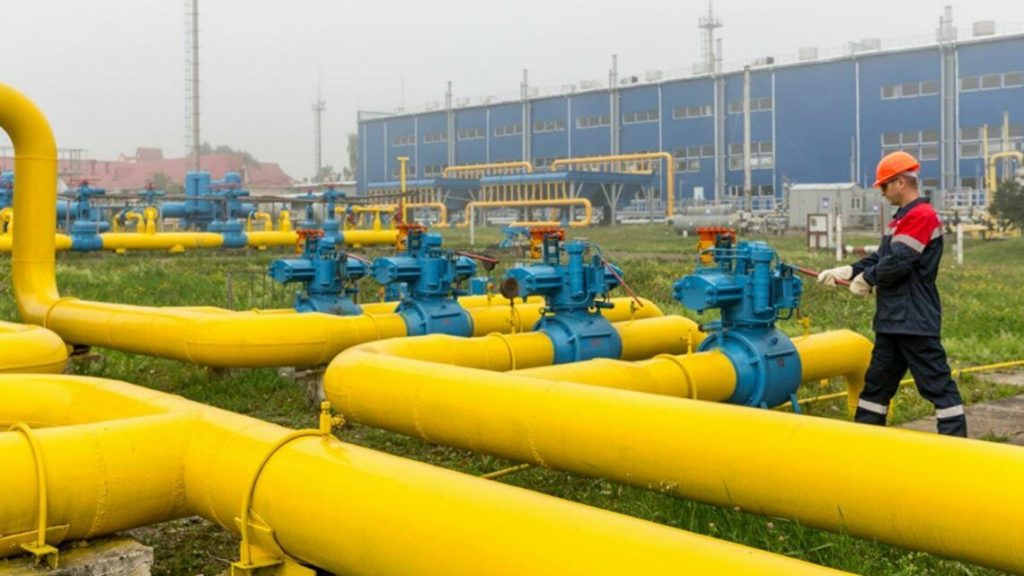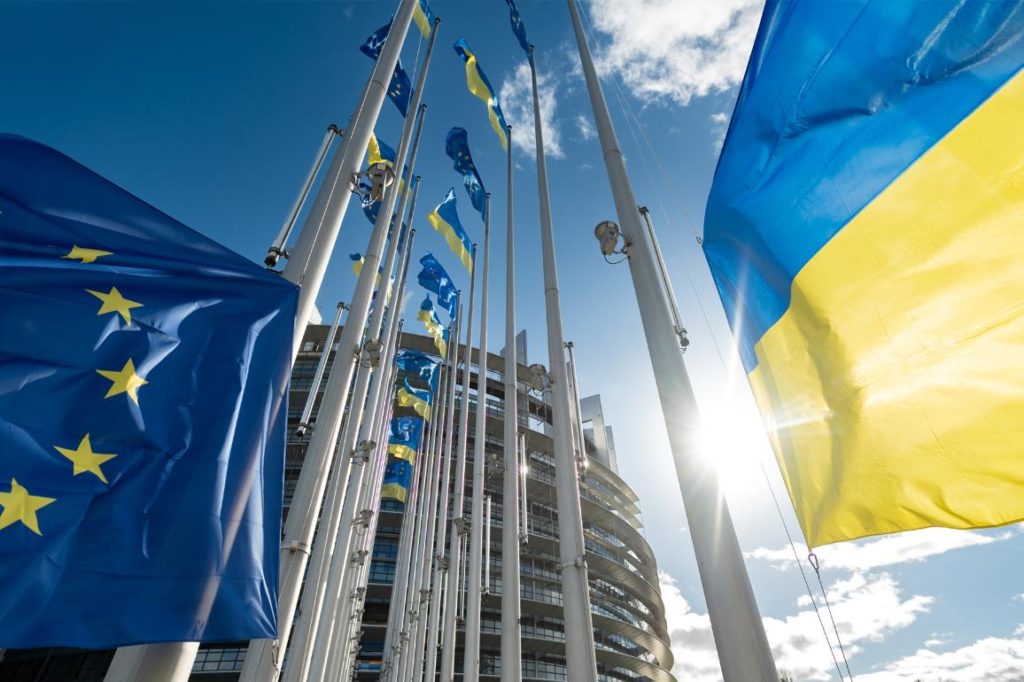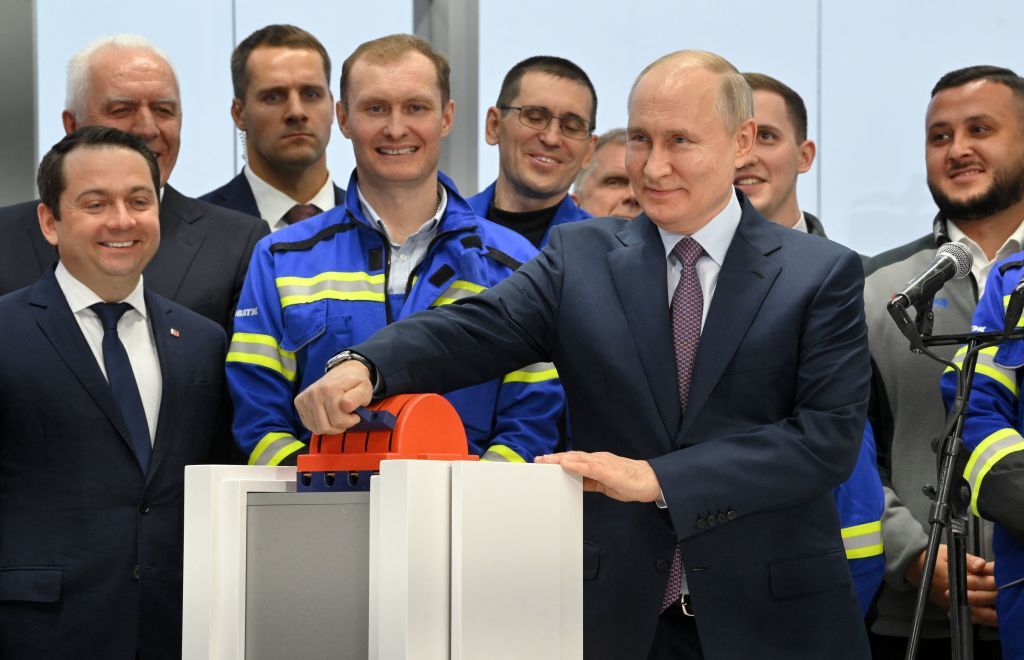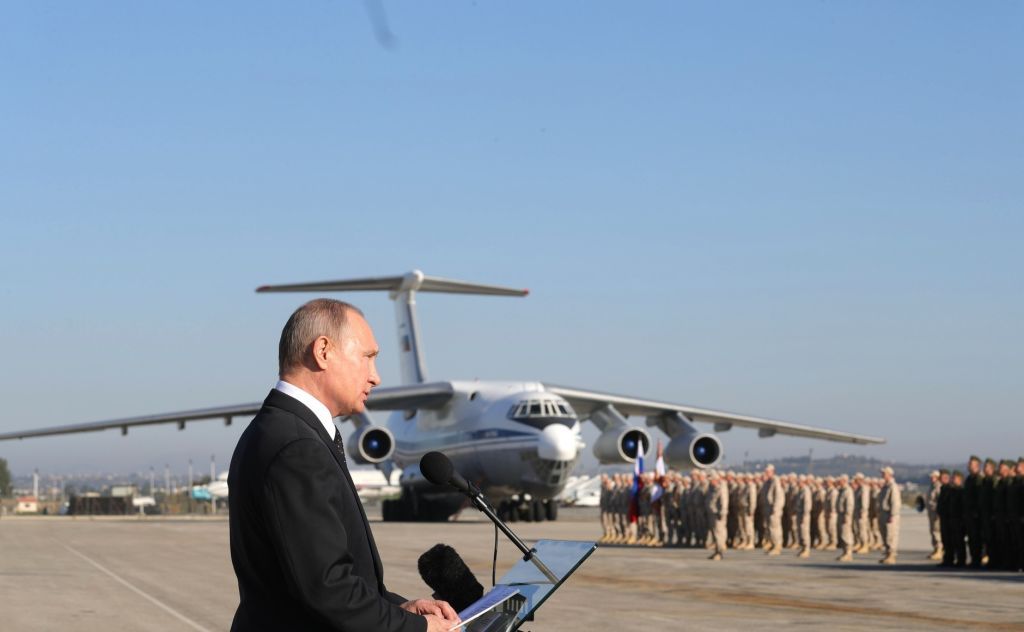UK finally closes LNG loophole that let British ships fund Russia’s war – after 3 years
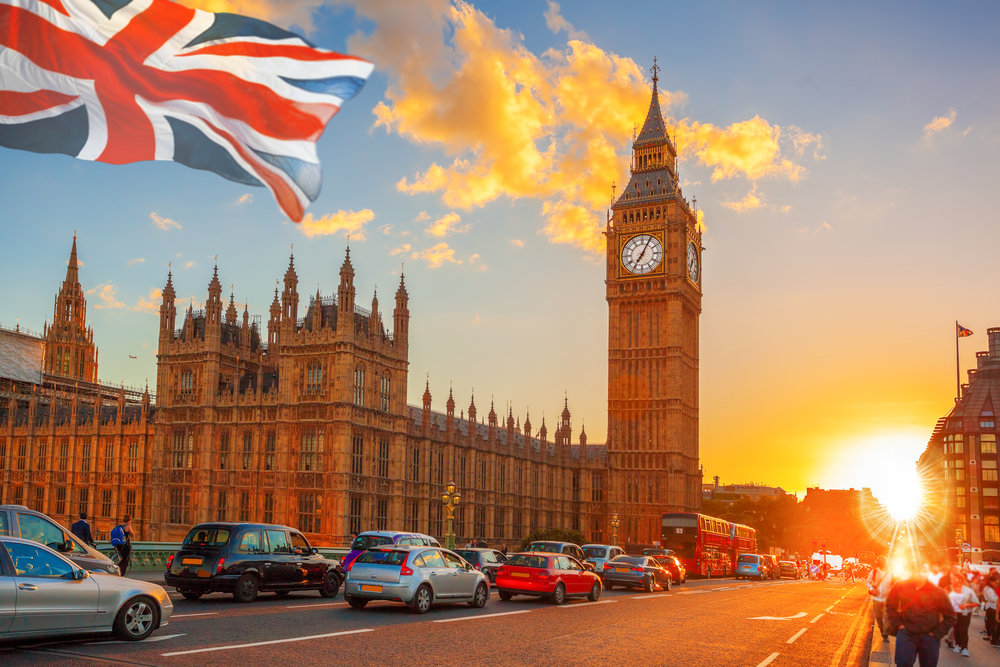
The UK will ban its firms from providing shipping or insurance services for Russian liquefied natural gas (LNG) exports starting in 2026, aiming to curb Moscow’s fossil fuel revenues that fund its war against Ukraine.
While Britain and the EU banned direct imports of Russian LNG years ago following Russia’s full-scale invasion of Ukraine, Western companies have still been allowed to transport and insure Russian gas bound for other markets - a gap campaigners have fought for years to close.
Foreign Secretary Yvette Cooper announced the move at a G7 meeting in Canada, describing it as a coordinated effort with the EU, which plans to phase out Russian LNG imports under long-term contracts by early 2027.
Britain banned direct imports in 2023, but its maritime and insurance sectors have continued to handle shipments from Russia’s Yamal terminal.
Campaigners welcome the move, urge faster action
A recent report by the Ukrainian group Razom We Stand identified Glasgow-based Seapeak Maritime as having facilitated about 4 million tons of Russian LNG in the first half of 2025 - nearly 40 percent of exports from Yamal. The group said the UK’s new measures mark a long-awaited success after more than three years of advocacy.
“The government’s move is a long-overdue and welcome step,” said Razom We Stand founder Svitlana Romanko. “But the UK must not slow-walk the phase-out, and Prime Minister Starmer should immediately cancel the indefensible energy contract with TotalEnergies - a firm still collaborating with Russia and helping raise billions for its war machine.”
Razom We Stand also urged London to align with upcoming G7 and EU sanctions and to consider secondary sanctions targeting Russian LNG exports and the shadow fleet that carries them.
Coordinated Pressure on Russia’s Energy Sector
Western allies have increasingly targeted Russia’s remaining energy revenues as oil price caps and pipeline gas embargoes lose impact. The G7 is discussing further restrictions on LNG transshipment and the use of Western shipping insurance - key pressure points in global trade.
By joining these measures, the UK seeks to limit Russia’s ability to reroute gas through intermediary countries and close off financial channels that have helped sustain its war economy.
Cooper said the UK’s approach “shows unity with our partners in cutting off Russia’s access to the revenues it uses to wage this illegal war,” adding that London “will keep tightening sanctions until Putin ends his aggression.”
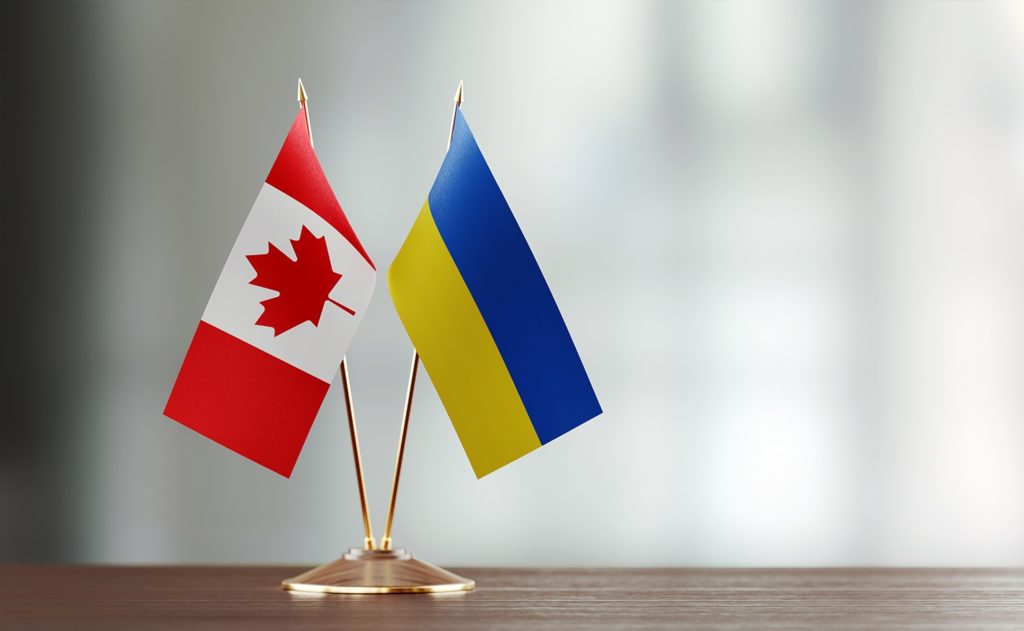
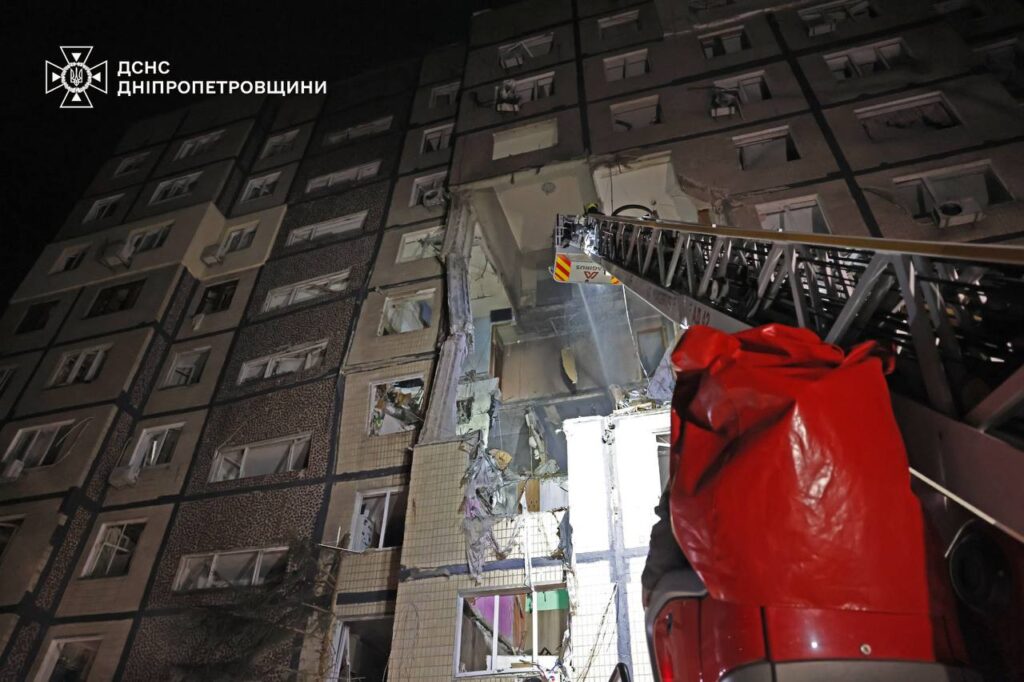
 Suspilne Dnipro
Suspilne Dnipro 